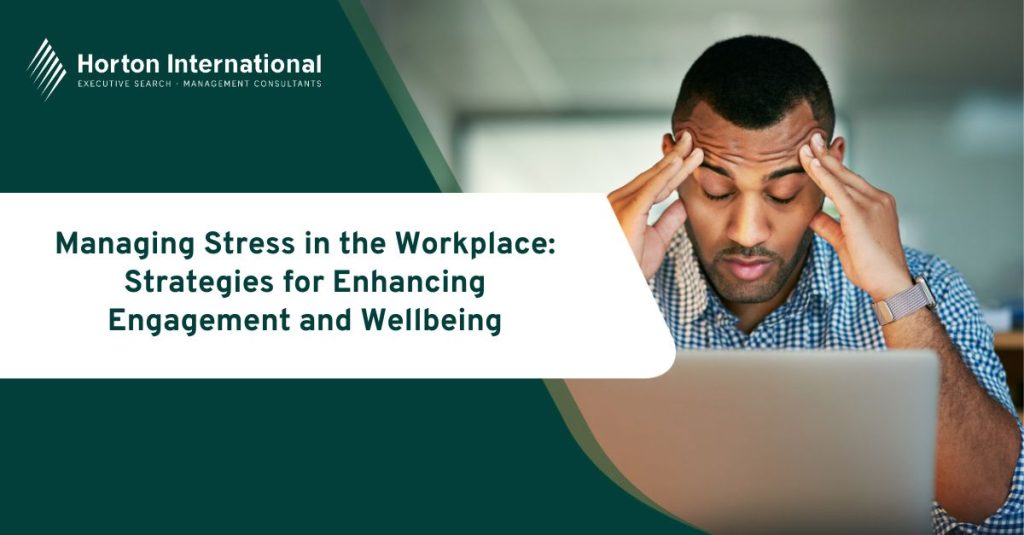Every year about 700,000 people worldwide die of an infection with multiresistant pathogens – rising tendency. Even in Europe with its high medical standards the death toll has risen from 25,000 to 33,000 over the last decade. The healing capability is likely to deteriorate in the next years and antibiotic resistance will become an increasing threat. This urgent need of new antibiotics to treat infections is also highlighted by two bulletins, published by the Robert Koch Institute in Berlin in July 2019.
Anyway, only four of the top 25 pharma companies (revenue Q2/2019) are developing new antibiotics currently: GSK (GlaxoSmithKline, UK), Roche (Switzerland), MSD (Merck & Co.,US) and Otsuka (Japan). Most of these companies have discontinued their antibiotic development programs – including Novartis and Sanofi, the fourth respectively eighth largest pharma companies (revenue Q2/2019). Both stopped the research and development antibiotics in the last 14 months. Even the world’s biggest pharma company, J&J (Johnson & Johnson, US), said on request of the german television broadcast “Tagesschau” “to have no further antibiotics in development”.
This trend is essentially caused by two reasons: lack of financial reward and correlated loss of innovation. The expected net present value of new antibiotics is much lower compared to drugs of other indications. Subsequently, pharma companies only invest a fraction of their total budget for drugs research and development in antibiotics. For example, GSK has invested only one of 43 billion dollar research funds in the development of new antibiotics in the last ten years.
Additionaly, most used antibiotics are generics. In Germany, for example, 97 percent of ambulant treated patients and 92 percent of stationary patients receive generic antibiotics.
There is not much interest left to develop new antibiotics. Numerically: Only 500 scientists worldwide and 50 academic institutions are engaged in the basic- and preclinic-research of antibiotics. In contrast, 800 scientists are engaged in cancer research alone in Germany.
Currently, 42 new antibiotics (small molecules) with the potential to cure serious bacterial infections are in clinical development. Only four of these new drug applications are submitted, eleven are in phase three, twelve are in phase two and 15 are in phase one. The goal of the GARDP (Global Antibiotic Research and Development Partnership) is to develop
five new antibiotics until 2025 – a highly ambitious goal in the view of a development time of about twelve years and a statistical approval rate of one out of five after human testing.
For antibiotics a new sales system is needed which uncouples the profit from the application of the antibiotics. The governments have to offer incentives for the research and development of new antibiotics in the fight against multiresistant pathogens. To counteract the current trend it is important to fund and motivate talents to work in the field of the development of new antibiotics.
(Zeichen inkl. Leerzeichen: 3.190)







